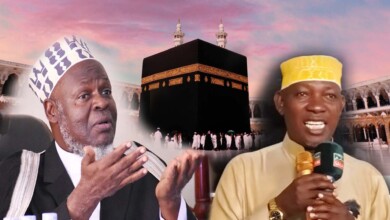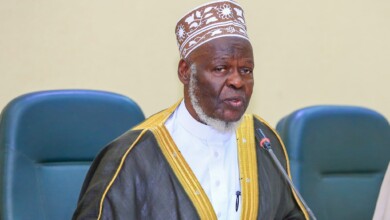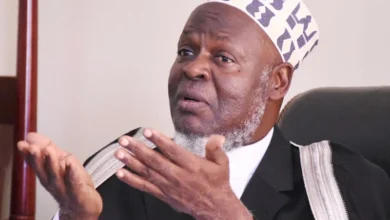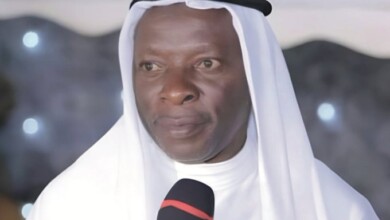Power Struggle Rocks Juma and Zukuli Group
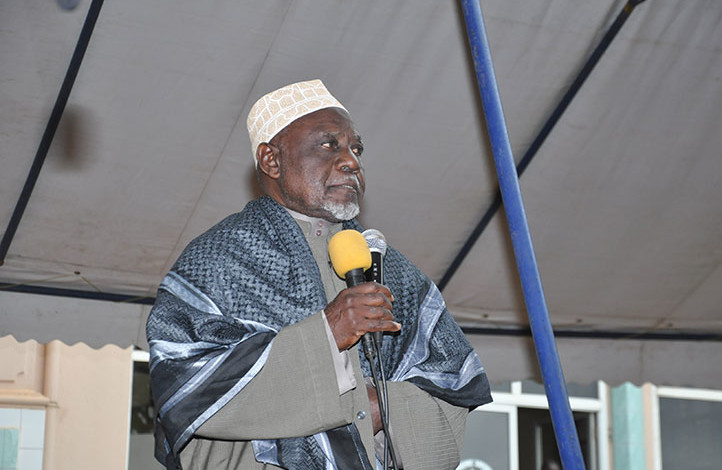
Four members of the Juma and Zukuli Muslim group, one of the Muslim factions in Uganda are embroiled in a litigation battle with the group’s management committee that they accuse of illegally holding onto its leadership.
In a civil suit filed at the High Court in Kampala, Sheikh Muhammad Kasamba Tiwayilika, Ismail Kikabi, Adam Kibalama and Hajji Erias Takuba, through Lukwago, Matovu and Company Advocates, want the court to stop the activities of the group’s management committee led by Sheikh Muhammad Lunanoba.
Juma and Zukuuli Muslim Group in Uganda was incorporated in 1957. It is among the few Muslim groups that were allocated land in different parts of the country by the colonial government.
Lunaba assumed the group’s leadership on November 10, 2001, following a general assembly vote where he got elected as president–general. The same assembly elected Sheikh Hussein Rajab Kakooza, Sheikh Ali Mpungu (deputy president–general), Sheikh Musa Muguluma, Sheikh Muhammadi Kasamba, the late Hajji Yusuf Nsubuga Nsambu, Alhajji Sebuta-Malende (secretary – general) and Hajji Haruna Nabugwamu together with Lunanoba as the registered trustees of the Juma and Zukuuli Muslim group.
Other members of the management committee who were elected at the same meeting were, Hajji Ahmada Musisi (treasurer), Sheikh Abubakari Kasozi (inspector of religious education in the group’s schools), Sheikh Nuhu Muzaata (director of Da-awah plus Hijja and Umra) while Sheikh Hussein Kaggwa was re-elected as a member.
Lunanoba and Setuba-Malende were individually added as 2nd and 3rd respondents respectively to the petition in which the applicants accuse the management committee of failure to account for proceeds obtained from the group’s properties “and instead chose to enrich themselves at the expense of the group.”
Among the properties mentioned by the petitioners is a 15-acre piece of land at Mbanda in Butambala which they claim was let out to different seasonal farmers without directly benefiting the group or its members.
In his affidavit, Setuba-Malende asked the court to dismiss the petition because “it is incurably defective since it is brought against the management committee yet the registered trustees of the Juma and Zukuuli Muslim group in Uganda is a body corporate with capacity to sue or be sued in its own name.”
Malende also argues that the November 10, 2001, general assembly, resolved to amend the group’s 1957 constitution under the resolution and powers granted to the registered trustees.
According to Lunanoba’s affidavit, the group’s constitution was amended after wide consultations that lasted for seven years. The process was concluded on May 19, 2008, when the new constitution was adopted.
“Under the amended constitution, the executive committee has powers to hold office for a term of 10 years subject to re-election and the term of office of the current executive will expire in 2024,” Lunanoba stated.
In response, one of the petitioners, Ismail Kikabi, argued that the management committee’s term of office ended on November 12, 2022, and thus, they are illegally holding office.
Kikabi further stated that the group’s general assembly has never passed any resolution to amend the constitution.
“…the constitution of Juma and Zukuli Muslim Group in Uganda can only be amended when the general assembly meets and passes a resolution, and the same is registered with the registrar of companies,” Kikabi stated, further arguing that no such resolution has ever been registered with the registrar of companies.
Lunanoba’s testimony shows that the group’s new constitution was registered by the registrar of companies in 2014. The petitioners want court to declare the new constitution null and void.
When the two warring groups met in court on February 14, 2023, the respondents through Nsibambi & Nsibambi Advocates, Legal and Corporate Consultants agreed that the current leadership of the group steps aside for an interim committee to take charge for six months to streamline the group’s management and administrative systems.
They have however failed to agree on the role Lunanoba will remain within the group. While the sitting team wants to maintain him as the group’s religious head, the petitioners are in disagreement on grounds that such a title is not provided for in Juma and Zukuli constitution of 1957.


